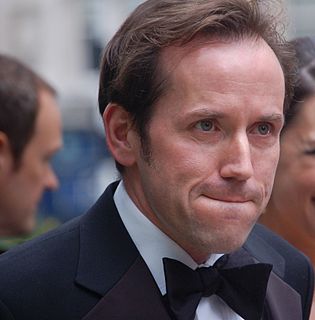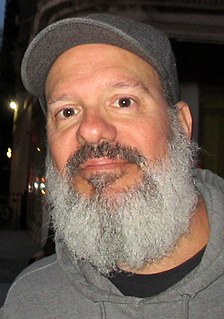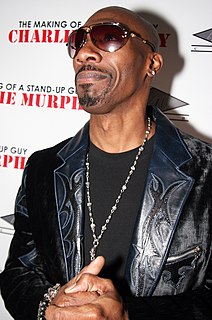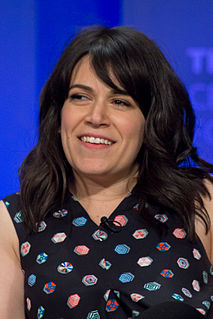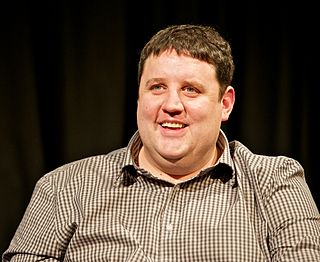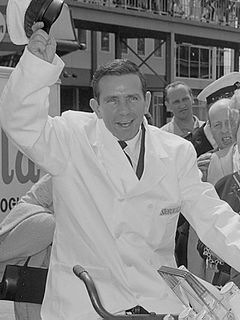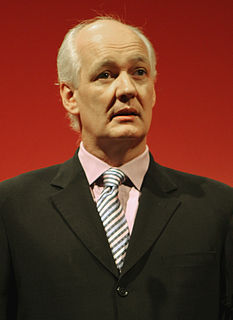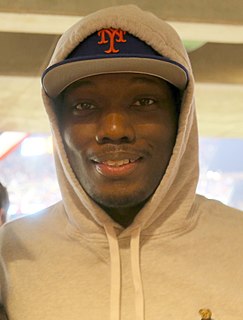A Quote by Ben Miller
I don't think you get a lot of comedians who are homeopaths. Comedy is essentially about not being hoodwinked.
Related Quotes
From my experience working with comedians, there is that competitive aspect. With actors, for instance, they don't want to look competitive even if they are, whereas comedians, I think, are openly happy to play on the idea that they all compete with each other to get the laughs. There's something about comedy, I think, that encourages that. There's this kind of schoolboy sense of wanting to top the other person that we play off of to show them competing for who's smarter or cleverer.
You have comedians who just do jokes, and they're called comics, not comedians. You have comedians that do bits - a person that has a lot of jokes that have a beginning, a middle and an end, but it's not a real story. And you have someone that does great stories, the one that blends those things together - that person is doing comedy.
When I was studying comedy in Chicago, it wasn't long after 9/11. There were a lot Middle Eastern comedians who were doing bits about hailing cabs and being terrorists. So the first two years, I didn't do any of that because I wanted to separate myself from those guys. But race is a big part of who I am, and it should be a big part of my comedy.
Every time I've done comedy in, like, traditional comedy clubs, there's always these comedians that do really well with audiences but that the other comedians hate because they're just, you know, doing kind of cheap stuff like dancing around or doing, like, very kind of base sex humor a lot, and stuff like that.
That's one of the things about comedy that annoys me the most from a comedian perspective. Comedy has gotten so segregated. Now it's like if you don't agree with somebody, you probably aren't going to like their jokes. I think comedians are starting to write for their audience and not towards the country.
